
Chimanimani National Park: Zimbabwe's Hidden Gem
Nestled in the Eastern Highlands of Zimbabwe, Chimanimani National Park is a paradise for nature lovers and adventure seekers. This stunning park is known for its rugged mountain ranges, lush forests, and cascading waterfalls. The park offers breathtaking views, with peaks reaching up to 2,436 meters, making it a perfect destination for hikers and climbers. The park is home to diverse flora and fauna, including rare bird species and unique plant life. Visitors can explore the many hiking trails that wind through the park, leading to hidden caves and ancient rock paintings. The park's natural beauty and serene environment make it an ideal place for camping and picnicking. Chimanimani National Park also boasts several rivers and streams, providing opportunities for fishing and swimming. The park's cool climate and pristine environment make it a refreshing escape from the hustle and bustle of city life. Whether you're seeking adventure or relaxation, Chimanimani National Park offers an unforgettable experience.
Local tips in Chimanimani National Park
- Wear sturdy hiking boots for the rocky terrain.
- Carry enough water and snacks for your hike.
- Bring a camera to capture the stunning views.
- Check the weather forecast before your visit.
- Hire a local guide for a more informative experience.
Chimanimani National Park: Zimbabwe's Hidden Gem
Nestled in the Eastern Highlands of Zimbabwe, Chimanimani National Park is a paradise for nature lovers and adventure seekers. This stunning park is known for its rugged mountain ranges, lush forests, and cascading waterfalls. The park offers breathtaking views, with peaks reaching up to 2,436 meters, making it a perfect destination for hikers and climbers. The park is home to diverse flora and fauna, including rare bird species and unique plant life. Visitors can explore the many hiking trails that wind through the park, leading to hidden caves and ancient rock paintings. The park's natural beauty and serene environment make it an ideal place for camping and picnicking. Chimanimani National Park also boasts several rivers and streams, providing opportunities for fishing and swimming. The park's cool climate and pristine environment make it a refreshing escape from the hustle and bustle of city life. Whether you're seeking adventure or relaxation, Chimanimani National Park offers an unforgettable experience.
When is the best time to go to Chimanimani National Park?
Iconic landmarks you can’t miss
Nyanga National Park
Discover Nyanga National Park, Zimbabwe's breathtaking national park filled with stunning landscapes, diverse wildlife, and rich cultural experiences.
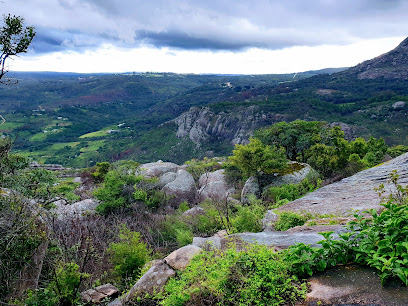
Great Zimbabwe National Monument
Explore the historical wonders of Great Zimbabwe National Monument, a UNESCO World Heritage site showcasing the brilliance of ancient African civilization.
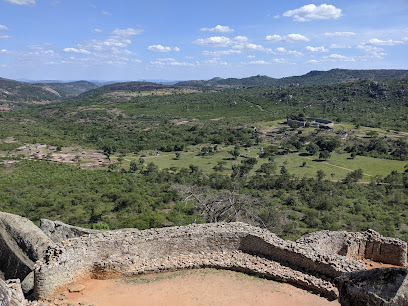
Mutarazi Falls Skywalk and Skyline
Discover the breathtaking beauty of Mutarazi Falls Skywalk and Skyline, where adventure meets stunning views in the heart of Zimbabwe's Nyanga region.
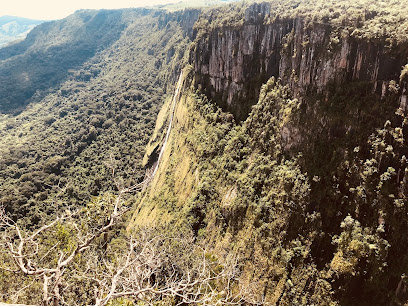
Zambezi National Park
Explore Zambezi National Park, where stunning landscapes meet abundant wildlife near the majestic Victoria Falls.
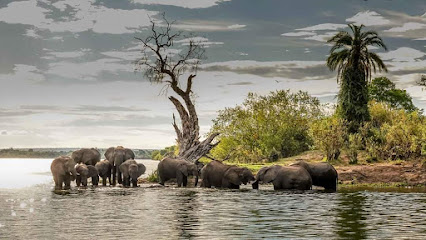
Nyangombe Falls
Explore the breathtaking Nyangombe Falls in Zimbabwe’s Nyanga region, a must-visit destination for nature lovers and adventure seekers.
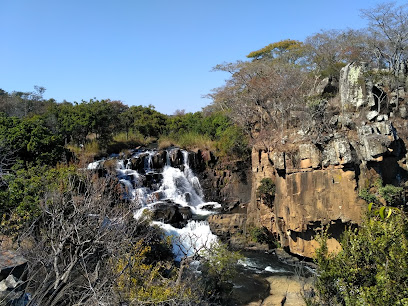
Savé Valley Conservancy
Explore the breathtaking landscapes and diverse wildlife of Savé Valley Conservancy, a top destination for nature lovers in Zimbabwe.
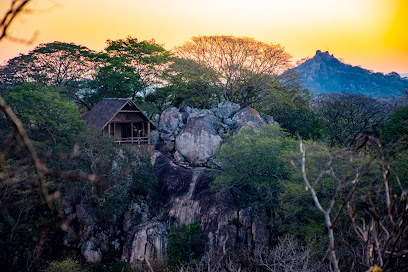
Prince of Wales View
Discover the stunning panoramas and tranquil beauty of Prince of Wales View in the Bvumba Mountains, a perfect retreat for nature lovers and photographers.
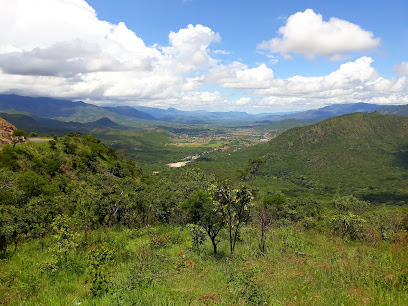
Khami Ruins
Explore the Khami Ruins, a UNESCO World Heritage site in Zimbabwe, showcasing the architectural brilliance of an ancient civilization.
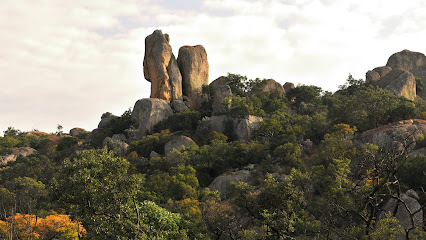
Birchenough Bridge
Discover the breathtaking beauty and rich history of Birchenough Bridge, an iconic landmark in Zimbabwe showcasing stunning engineering and serene landscapes.
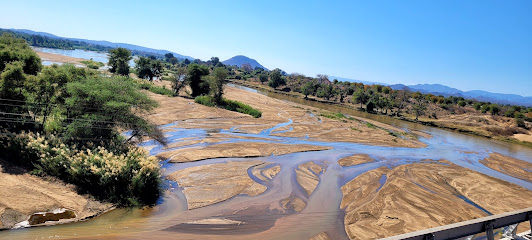
Cecil Kop Nature Reserve
Discover the serene landscapes and diverse wildlife of Cecil Kop Nature Reserve, an animal park that showcases Zimbabwe's breathtaking natural beauty.
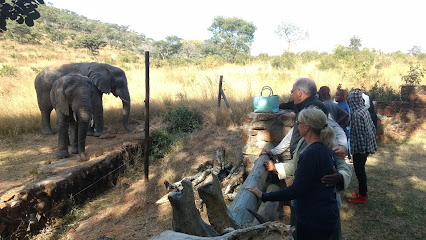
Chizarira National Park
Explore untamed wilderness and diverse wildlife at Chizarira National Park, Zimbabwe's hidden gem for nature lovers and adventurers.
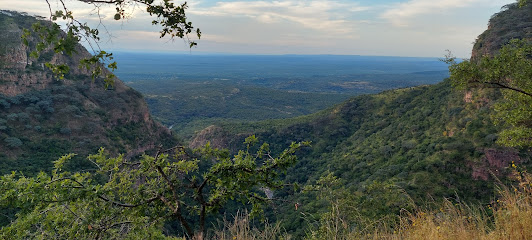
Gosho Park
Discover the serene beauty of Gosho Park in Marondera, a national park offering lush landscapes, diverse wildlife, and tranquil escape into nature.
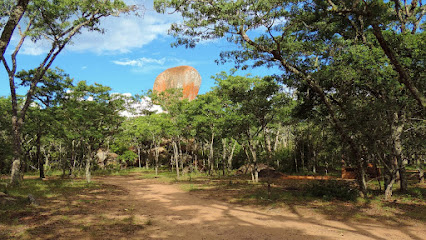
Tessa's Pool
Discover Tessa's Pool, a breathtaking natural attraction in Chimanimani, where crystal-clear waters meet stunning landscapes for an unforgettable experience.
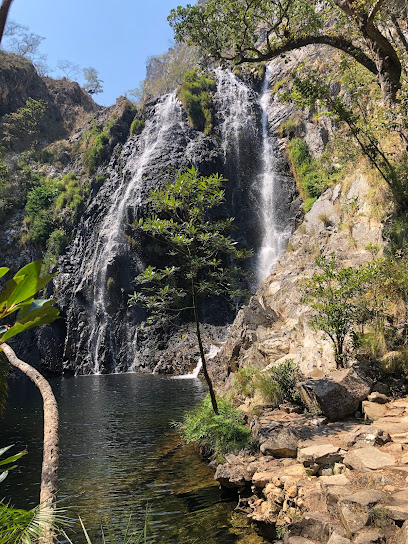
Chimutsi Gate, Mana Pools National Park
Discover the wild beauty of Chimutsi Gate in Mana Pools National Park, where adventure and nature await in Zimbabwe's breathtaking landscapes.
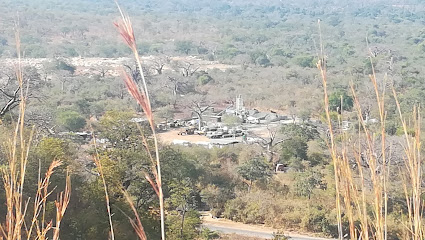
Marindi Falls
Experience the natural beauty of Marindi Falls in Vumba, Zimbabwe – a hidden gem for nature lovers and adventure seekers.
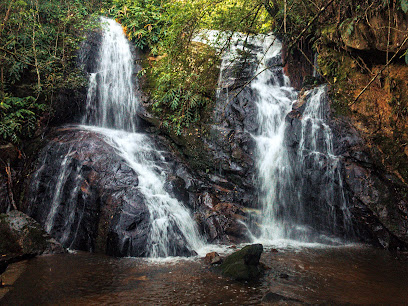
Unmissable attractions to see
Nyanga National Park
Explore Nyanga National Park, a stunning natural paradise in Zimbabwe, renowned for its breathtaking landscapes and diverse wildlife, perfect for adventurers and nature lovers.
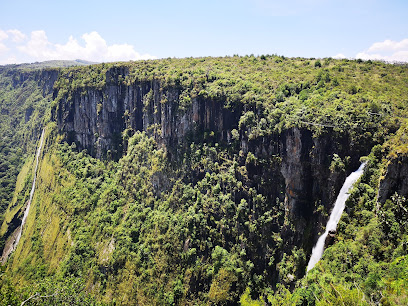
Mukuvisi Woodlands
Explore the tranquil beauty of Mukuvisi Woodlands, an urban wildlife park in Harare showcasing diverse flora and fauna for nature lovers and families.
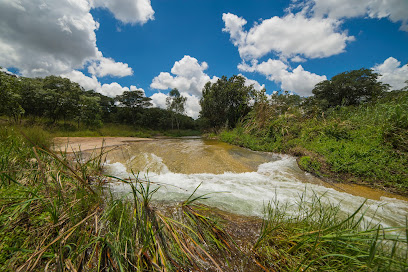
Great Zimbabwe National Monument
Explore the majestic Great Zimbabwe National Monument, a UNESCO World Heritage site showcasing the rich history and culture of ancient Africa.
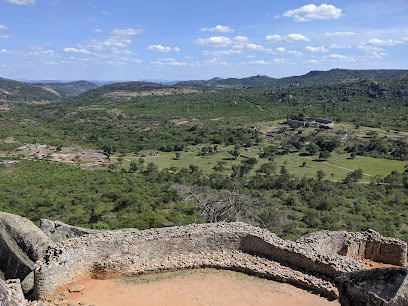
Mutarazi Falls Skywalk and Skyline
Discover the breathtaking views from Mutarazi Falls Skywalk, a top tourist attraction in Zimbabwe's stunning Nyanga region.
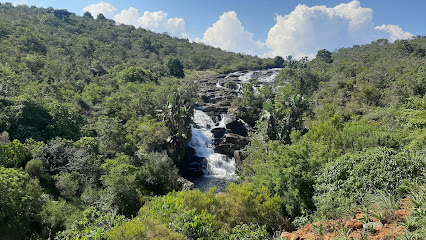
Prince of Wales View
Discover the stunning vistas and tranquil atmosphere at Prince of Wales View, a breathtaking scenic spot in Zimbabwe perfect for nature lovers and photographers.
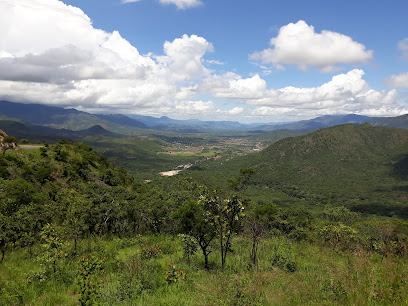
Birchenough Bridge
Discover the breathtaking views and rich history of Birchenough Bridge, an iconic landmark in Zimbabwe that combines nature and engineering marvels.
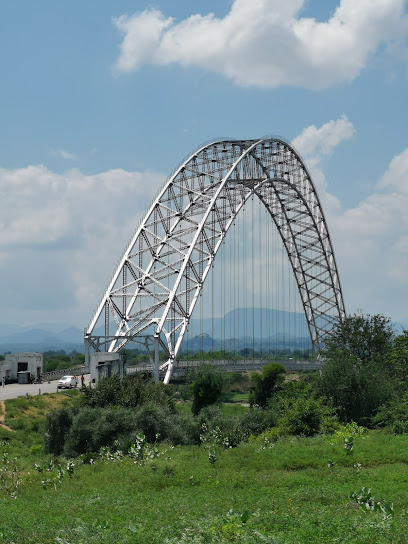
Cecil Kop Nature Reserve
Explore the captivating wildlife and stunning landscapes of Cecil Kop Nature Reserve in Mutare, Zimbabwe – a peaceful retreat for nature lovers.
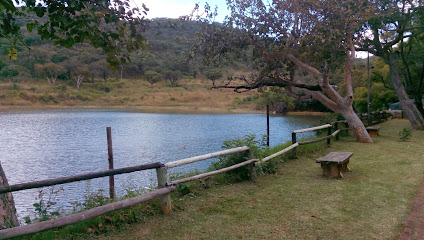
Gosho Park
Explore the natural beauty and wildlife of Gosho Park, a serene national park in Zimbabwe perfect for family outings and adventure seekers.
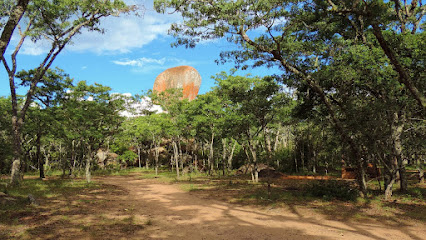
Mutakura Dam and Canal
Explore the breathtaking natural beauty and tranquility of Mutakura Dam and Canal, a must-visit destination in Chipinge, Zimbabwe.
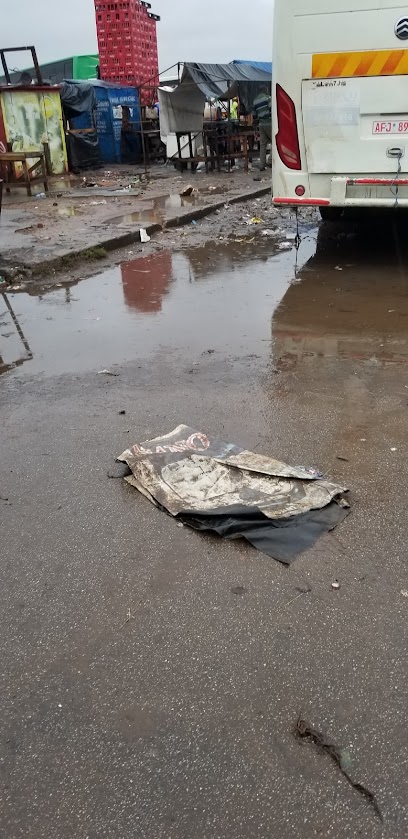
Tessa's Pool
Experience the beauty and tranquility of Tessa's Pool in Chimanimani, a natural oasis perfect for swimming and outdoor adventures.
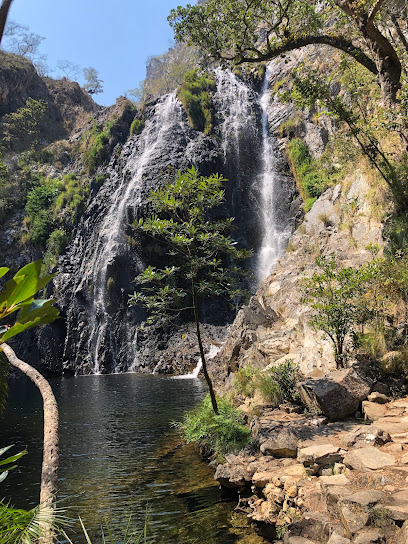
Marindi Falls
Discover the serene charm of Marindi Falls in Vumba, where nature's beauty and tranquility await every visitor.
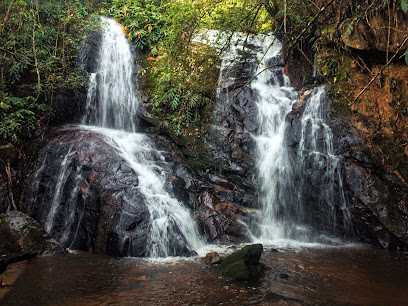
Nyachowa Falls
Explore the breathtaking Nyachowa Falls in Zimbabwe, a serene natural wonder surrounded by lush landscapes and perfect for adventure seekers.
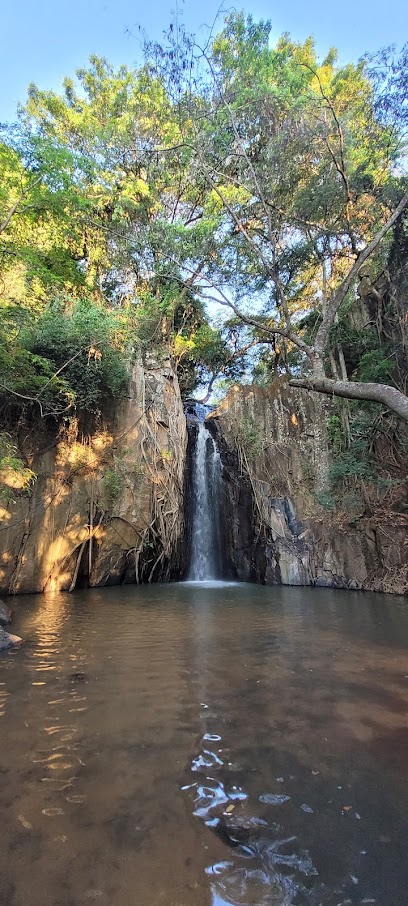
Chishakwe Safaris
Explore Chishakwe Safaris, a premier wildlife park in Zimbabwe's Save Valley Conservancy, for an unforgettable safari experience surrounded by nature.
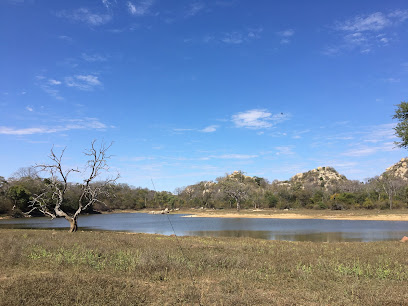
Chirinda Forest
Discover the serene beauty of Chirinda Forest, a natural wonder in Mount Selinda, perfect for hiking, wildlife watching, and nature escapes.
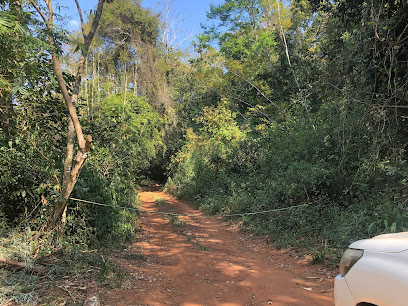
The Malilangwe Trust
Explore the breathtaking wildlife and stunning scenery at The Malilangwe Trust, a paradise for nature lovers in Chichindwe, Zimbabwe.
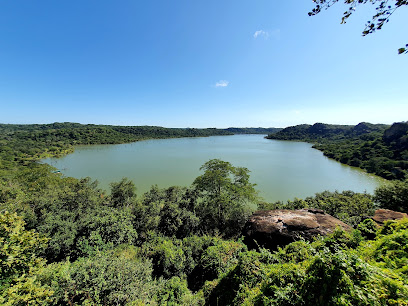
Essential places to dine
Gavas Restaurant
Discover authentic Zimbabwean flavors at Gavas Restaurant in Harare's Belgravia Sports Club – where culinary excellence meets vibrant atmosphere.
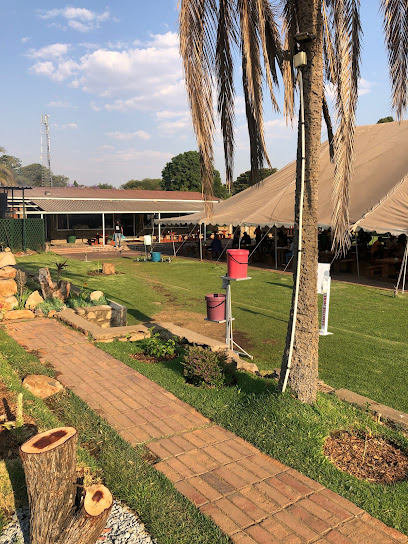
The Three Monkeys Restaurant & Bar, Victoria Falls
Discover delightful Zimbabwean cuisine and vibrant cocktails at The Three Monkeys Restaurant & Bar in Victoria Falls.
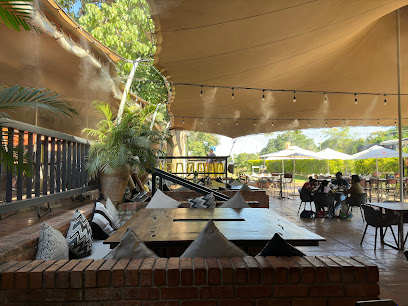
The Lookout Cafe - Wild Horizons
Experience culinary excellence with stunning views at The Lookout Cafe near Victoria Falls.
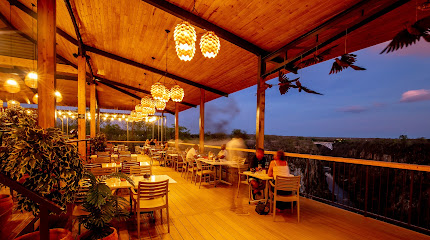
The Boma - Dinner & Drum Show
Immerse yourself in Zimbabwean culture at The Boma - Dinner & Drum Show with delicious food, lively entertainment, and unforgettable experiences.
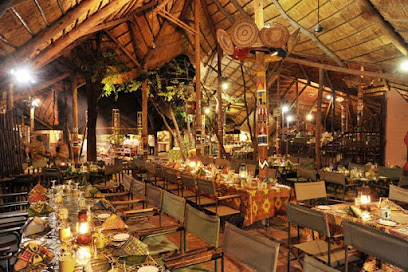
Casa Mia Ristorante Pizzeria
Discover authentic Italian flavors at Casa Mia Ristorante Pizzeria in Harare—where every dish tells a story.
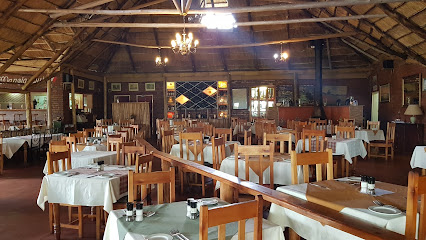
Ocean Basket Sam Levy
Experience the best seafood dining at Ocean Basket Sam Levy in Harare – fresh flavors from the ocean await you.
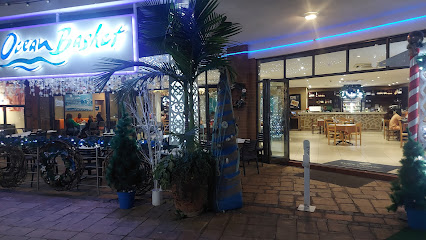
The Village Greek
Experience authentic Greek cuisine at The Village Greek in Sam Levy's Village - a culinary journey filled with rich flavors and warm hospitality.
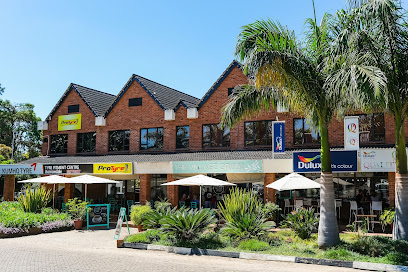
Sabai Thai
Experience authentic Thai cuisine at Sabai Thai in Harare - where every dish tells a story.
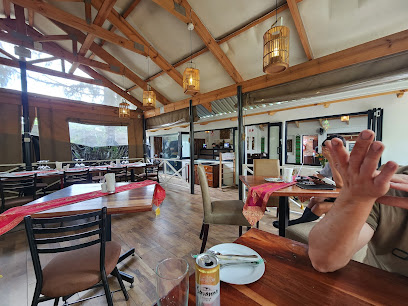
Kapoto
Experience authentic Zimbabwean cuisine at Kapoto in Harare - where every dish tells a story.
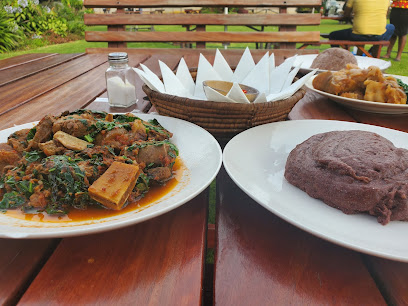
Café Pistachio
Discover the delightful flavors of Harare at Café Pistachio - your perfect breakfast destination with local charm.
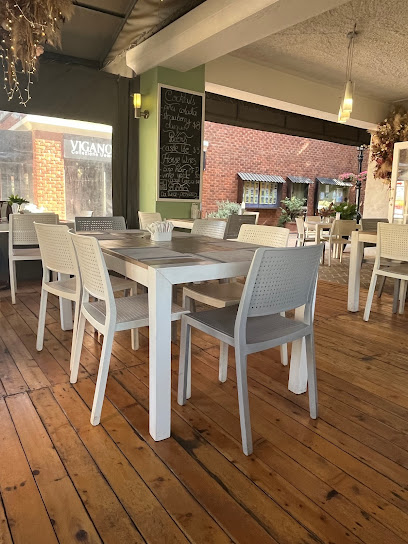
Tinkabell
Experience the best of Zimbabwean flavors at Tinkabell in Harare's vibrant Ballantyne Shopping Center.
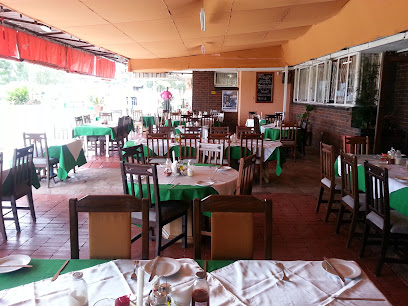
Mama Africa
Experience authentic African cuisine at Mama Africa in Victoria Falls - where every meal tells a story!
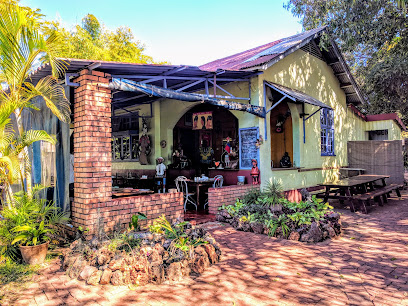
Dusty Road Township Experience
Discover the heart of Zimbabwean culture at Dusty Road Township Experience in Victoria Falls, where authentic cuisine meets vibrant community spirit.
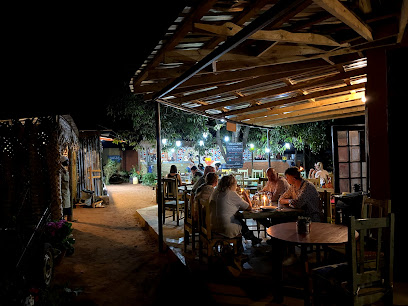
Tonys Coffee And Chocolate Shop
Discover the best artisanal chocolates and aromatic coffees at Tony's Coffee and Chocolate Shop in Mutare – a true delight for every traveler.
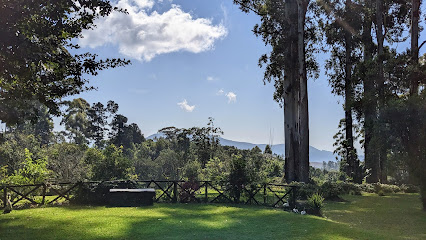
MaKuwa-Kuwa Restaurant
Experience authentic Zimbabwean cuisine with stunning views at MaKuwa-Kuwa Restaurant in Victoria Falls.
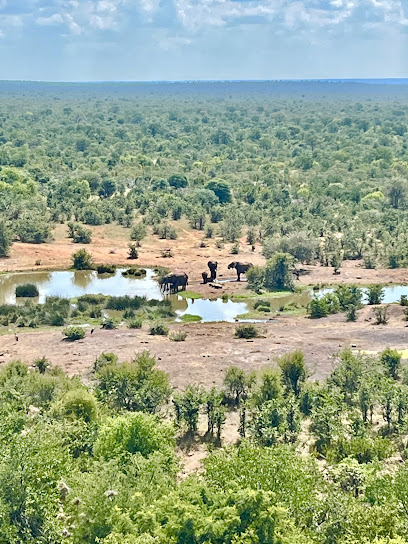
Markets, malls and hidden boutiques
Machongwe GP
Explore Machongwe GP, a vibrant shopping mall in Chimanimani, where local culture meets modern retail and culinary delights.
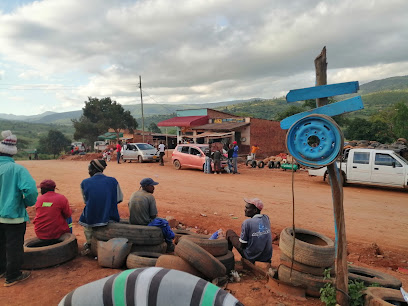
Chimanimani District
Explore the breathtaking landscapes and serene nature of Chimanimani District, a gem in Zimbabwe's mountainous terrain, perfect for adventurers and nature lovers.
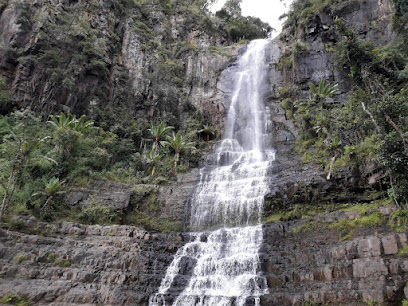
Ngangu shopping Center
Explore Ngangu Shopping Center, a vibrant shopping hub in Chimanimani, offering local crafts, cuisine, and a taste of Zimbabwean culture.
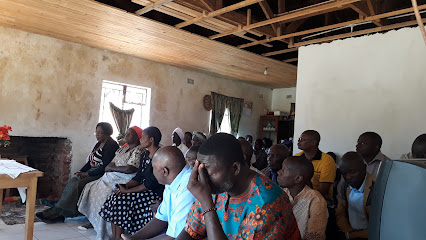
Chimanimani National Park
Discover the breathtaking landscapes and rich biodiversity of Chimanimani National Park, a must-visit destination for nature lovers in Zimbabwe.
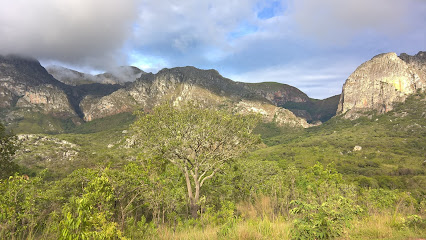
Mutare - Chimanimani Highway
Explore the Mutare - Chimanimani Highway for a unique shopping experience filled with local crafts, food, and vibrant culture in Zimbabwe.
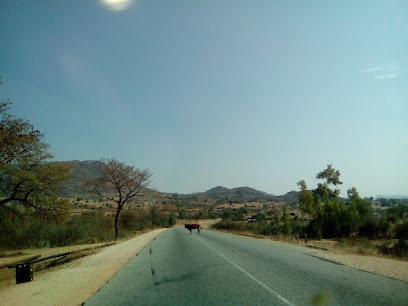
Bambazonke Shopping Centre
Discover the essence of local culture and shopping at Bambazonke Shopping Centre, a vibrant hub filled with unique finds and friendly vendors.

New Stands Shopping Center
Explore New Stands Shopping Center: A lively shopping mall in Chimanimani showcasing local crafts, delicious food, and a vibrant atmosphere.

Mukoya store
Discover Mukoya Store in Chimanimani, your trusted destination for auto parts and vehicle maintenance while exploring Zimbabwe's stunning landscapes.
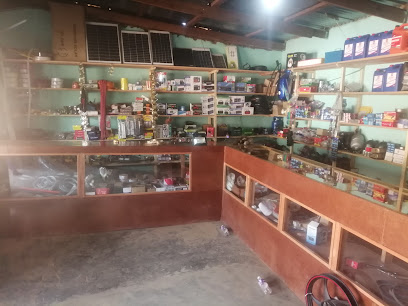
Kwirire Shops
Discover the vibrant local culture and unique shopping offerings at Kwirire Shops in Nyahode, a must-visit destination for tourists.

Chimanimani Bridal falls
Explore Chimanimani Bridal Falls, a stunning natural wonder surrounded by lush landscapes and vibrant wildlife, perfect for adventure and relaxation.

Ndieme Business Centre
Explore the Ndieme Business Centre in Chimanimani for a unique shopping experience filled with local crafts and authentic cuisine.

Manhando store
Experience the local charm at Manhando Store in Chimanimani, where unique handicrafts meet breathtaking landscapes.

Mauta House
Explore Mauta House: A vibrant shopping mall in Chimanimani offering unique local crafts, delicious dining, and an immersive cultural experience.

Xanders Super Power Electrical And Solar Shop
Discover quality electrical supplies and solar solutions at Xanders Super Power Electrical And Solar Shop in Chimanimani, your trusted partner in energy efficiency.

Nhedziwa Township
Discover the vibrant culture and welcoming spirit of Nhedziwa Township, a hidden gem in Zimbabwe's Chimanimani region.

Essential bars & hidden hideouts
Chikomo Tavern
Explore the local nightlife at Chikomo Tavern in Dangamvura, a vibrant bar known for its friendly atmosphere and affordable drinks.
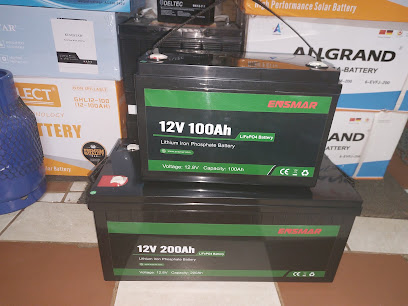
Dhunza Night Club
Experience the vibrant nightlife at Dhunza Night Club in Dangamvura, where music, dance, and local culture come alive.
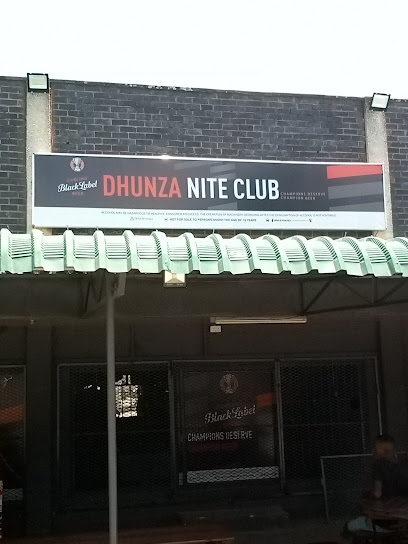
Da Place
Discover the local charm and vibrant atmosphere at Da Place, Chisumbanje's favorite pub for drinks and socializing.
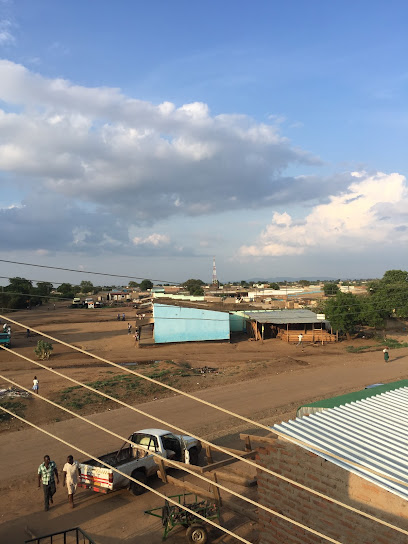
X Man Cocktail Bar
Discover the vibrant atmosphere of X Man Cocktail Bar in West Nicholson, where delicious grilled dishes meet expertly crafted cocktails for an unforgettable experience.
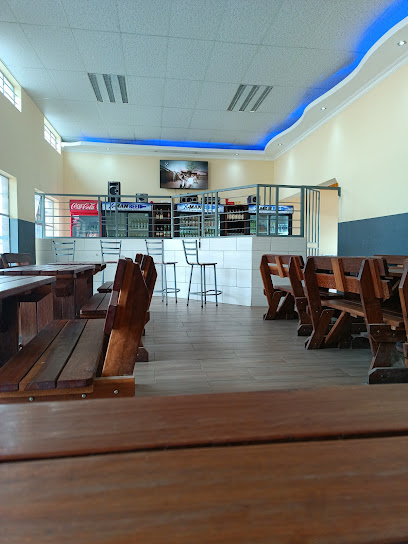
Vhurepi Complex
Experience the lively atmosphere and rich cultural flavors at Vhurepi Complex, a must-visit bar in Chisumbanje, Zimbabwe.
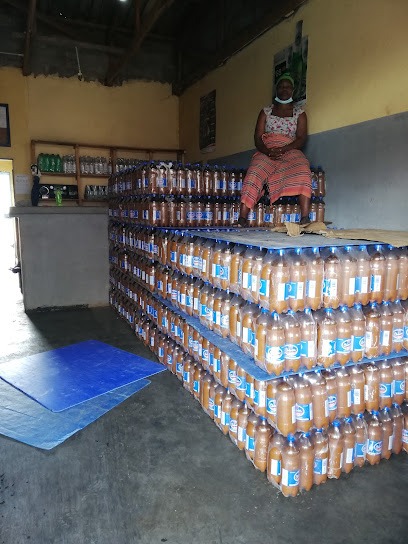
Mazorodze Mini Bar
Experience the vibrant local nightlife at Mazorodze Mini Bar in Chisumbanje, a unique spot for drinks and relaxation in Zimbabwe.

Janjawa
Discover the vibrant atmosphere of Janjawa, a unique bar on Valley Road, perfect for tourists seeking local flavor and relaxation.

Zithutha bottle store
Discover the vibrant atmosphere of Zithutha Bottle Store, where local culture meets a diverse selection of refreshing beverages in a welcoming setting.

Chimanimani Country Club
Discover vibrant nightlife at Chimanimani Country Club, where music and culture unite in an unforgettable experience.
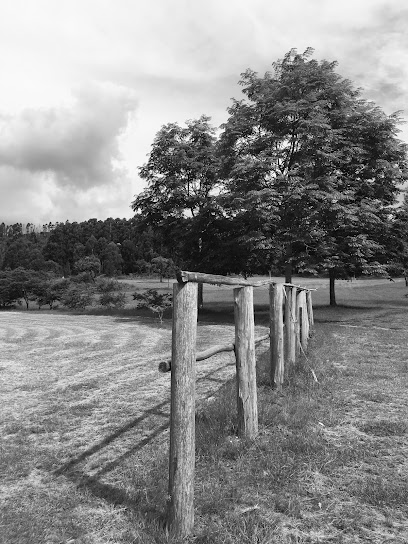
Sasanai Bottle Store Rimbi
Discover the lively ambiance and local flavors at Sasanai Bottle Store Rimbi, a charming bar in Chibuwe offering a unique drinking experience.
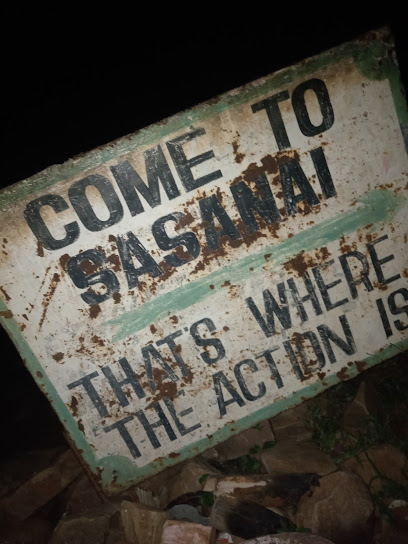
Blue Moon Bar
Discover the lively spirit of Blue Moon Bar in Chimanimani, where locals and travelers unite over refreshing drinks and vibrant conversations.
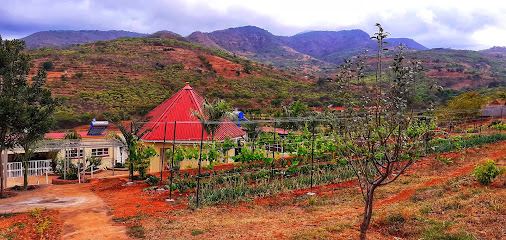
Hanyani Better Times Bar
Discover Hanyani Better Times Bar, a lively Shurugwi hub for drinks, music, and unforgettable nights filled with local culture and entertainment.
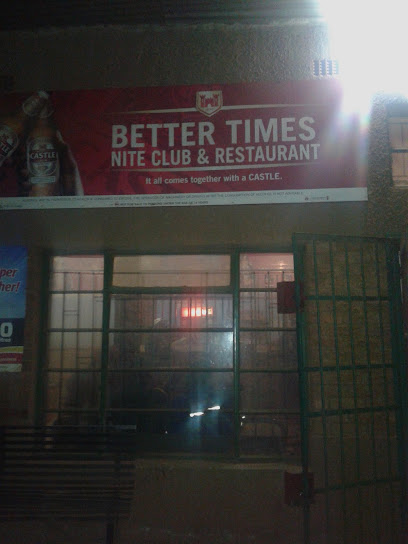
Muchandibaya Bar
Discover Muchandibaya Bar in Masasa Township for a lively atmosphere, refreshing drinks, and authentic local experiences.

Martha's Record Bar
Experience the vibrant culture and live music scene at Martha's Record Bar in Chimanimani, Zimbabwe, a must-visit for every traveler.

Local Phrases about Chimanimani National Park
-
- HelloMhoroi
[m-ho-roy] - GoodbyeKwaheri
[kwa-he-ree] - YesNdinoye
[n-dee-noh-ye] - NoHapana
[ha-pa-na] - Please/You're welcomeNdatenda
[n-da-ten-da] - Thank youNdinotenda
[n-dee-no-ten-da] - Excuse me/SorrySamaita
[sa-ma-i-ta] - How are you?Unjani?
[oon-ja-nee] - Fine. And you?Zvandiri kumusha. Wako?
[zvan-di-ree koo-moo-sha wa-ko] - Do you speak English?Watiwandei kushora chikamu?
[wa-tee-wan-day koo-sho-ra chi-ka-moo] - I don't understandHandigone kuziva
[han-di-go-ne koo-zee-va]
- HelloMhoroi
-
- I'd like to see the menu, pleaseNdinoda kuona menu, ndapota
[n-dee-no-da koo-o-na me-nu, n-da-po-ta] - I don't eat meatHandichide nyama
[han-di-chee-de nya-ma] - Cheers!Mazvita!
[ma-zvee-ta] - I would like to pay, pleaseNdinoda kubhadhara, ndapota
[n-dee-no-da koo-ba-dha-ra, n-da-po-ta]
- I'd like to see the menu, pleaseNdinoda kuona menu, ndapota
-
- Help!Kunzunguza!
[koo-nzoo-ngoo-za] - Go away!Famba!
[fam-ba] - Call the Police!Dzvanyirira Police!
[dzva-nyi-ree-ra po-lee-ce] - Call a doctor!Dzvanyirira doki!
[dzva-nyi-ree-ra do-ki] - I'm lostNdiri kupedza
[n-dee-ree koo-pe-dza] - I'm illNdiri kumusha
[n-dee-ree koo-moo-sha]
- Help!Kunzunguza!
-
- I'd like to buy...Ndinoda kushandisa...
[n-dee-no-da koo-shan-di-sa] - I'm just lookingNdiripo ndichitaura
[n-dee-ree-po n-dee-chee-tau-ra] - How much is it?Zvinoda mari iyi?
[zvi-no-da ma-ree ee-yi] - That's too expensiveIyi inotsika saka
[ee-yi ee-no-tsee-ka sa-ka] - Can you lower the price?Unogona kushandisa mari?
[oo-no-go-na koo-shan-di-sa ma-ree]
- I'd like to buy...Ndinoda kushandisa...
-
- What time is it?Saa ndiani?
[sa-ya n-dee-a-nee] - It's one o'clockSaa yekudzvanya
[sa-ya ye-koo-dzva-nya] - Half past (10)Makore matanhatu
[ma-ko-re ma-tan-ha-too] - MorningMangwanani
[man-gwa-na-nee] - AfternoonMugodhi
[moo-go-dee] - EveningMakomborero
[ma-kom-bo-re-ro] - YesterdayChakatemba
[cha-ka-tem-ba] - TodayNhasi
[n-ha-see] - TomorrowMangwana
[man-gwa-na] - 1Makumi maviri
[ma-koo-me ma-vee-ree] - 2Makumi matatu
[ma-koo-me ma-ta-too] - 3Makumi mashanu
[ma-koo-me ma-sha-noo] - 4Makumi marwadzo
[ma-koo-me ma-rwa-dzo] - 5Makumi masere
[ma-koo-me ma-se-re] - 6Makumi masere nekutakura
[ma-koo-me ma-se-re ne-koo-ta-koo-ra] - 7Makumi manomwe
[ma-koo-me ma-no-mwe] - 8Makumi manhuru
[ma-koo-me man-hoo-roo] - 9Makumi marobhe
[ma-koo-me ma-ro-bhe] - 10Gumi
[goo-mee]
- What time is it?Saa ndiani?
-
- Where's a/the...?Kunonzi veku...
[koo-no-nzee ve-koo] - What's the address?Pano pane address here?
[pa-no pa-ne ad-dress here] - Can you show me (on the map)?Unogona kundipa (pe map)?
[oo-no-go-na kun-dee-pa pe map] - When's the next (bus)?Kupi chikomborero ichi?
[koo-pee chi-kom-bo-re-ro ee-chee] - A ticket (to ....)Ticketi (ku ....)
[tee-ke-ti koo]
- Where's a/the...?Kunonzi veku...
History of Chimanimani National Park
-
Chimanimani National Park holds evidence of early human occupation, with ancient rock art and artifacts that date back thousands of years. These prehistoric inhabitants are believed to have been hunter-gatherers who utilized the rich natural resources of the area.
-
In the 15th century, the region that now includes Chimanimani National Park was part of the Kingdom of Mutapa. This powerful empire was known for its wealth, derived largely from gold mining and trade. The influence of the Mutapa Kingdom is still evident in the ruins and artifacts found within the park.
-
During the late 19th century, European explorers began to venture into the Chimanimani Mountains. One notable explorer was Frederick Courteney Selous, a British hunter and conservationist, who documented the region's rich biodiversity and rugged terrain.
-
Chimanimani National Park was officially established in 1980, shortly after Zimbabwe gained independence. The park was created to protect the unique flora and fauna of the Chimanimani Mountains, as well as to preserve the area's natural beauty and cultural heritage.
-
In recent decades, significant efforts have been made to conserve the biodiversity of Chimanimani National Park. Various international and local organizations have collaborated to protect endangered species, restore degraded habitats, and promote sustainable tourism practices.
-
Chimanimani National Park is not only a natural wonder but also a place of cultural importance for the local communities. The park is home to sacred sites and traditional lands of the Manyika people, who have lived in harmony with the environment for generations.
Chimanimani National Park Essentials
-
Chimanimani National Park is located in the mountainous region of eastern Zimbabwe, near the Mozambique border. The nearest airport is the Joshua Mqabuko Nkomo International Airport in Bulawayo, approximately 400 kilometers away. From Bulawayo, you can rent a car or take a bus to Chimanimani. Alternatively, you can fly into Harare International Airport, which is about 360 kilometers from the park. The road trip from Harare is scenic and takes around 6 to 7 hours by car. Public buses and private shuttles are available from both Harare and Bulawayo, but renting a car provides more flexibility for exploring the area.
-
Within Chimanimani National Park, the easiest way to get around is by car, especially if you plan to explore the more remote areas of the park. There are several car rental agencies in Harare and Bulawayo. Local taxis are available in the nearby town of Chimanimani, but they can be scarce within the park itself. For those interested in hiking, many trails are well-marked and accessible on foot. Guided tours are also available and can be arranged through local tour operators.
-
The official currency in Zimbabwe is the Zimbabwean Dollar (ZWL), but US Dollars (USD) are widely accepted, especially in tourist areas. Credit cards are accepted in some hotels, lodges, and restaurants, but it is advisable to carry cash for smaller establishments and rural areas. ATMs are available in nearby towns like Chimanimani and Mutare, but it is wise to withdraw sufficient cash before heading into the park.
-
Chimanimani National Park is generally safe for tourists, but it is always best to take standard precautions. Avoid walking alone at night and keep an eye on your belongings. The town of Chimanimani is relatively safe, but petty theft can occur, so stay vigilant. There are no specific areas within the park known for high crime rates targeting tourists, but always be aware of your surroundings.
-
In case of an emergency, dial 999 for immediate assistance. The nearest medical facilities are located in the town of Chimanimani, which has a small hospital and several clinics. It is strongly recommended to have travel insurance that covers medical emergencies. For minor health issues, there are pharmacies in Chimanimani and Mutare where you can purchase over-the-counter medications.
-
Fashion: Do wear comfortable, weather-appropriate clothing and sturdy hiking boots. Avoid wearing flashy jewelry or expensive accessories. Religion: Do respect local customs and traditions. When visiting local villages or religious sites, dress modestly and ask for permission before taking photographs. Public Transport: Do be respectful and friendly to drivers and fellow passengers. Don't eat or drink on public transport. Greetings: Do greet people with a handshake and a smile. Using basic Shona greetings like 'Mhoro' (Hello) can be appreciated. Eating & Drinking: Do try local delicacies and accept food offerings graciously. Don’t waste food, as it is considered disrespectful.
-
To experience Chimanimani National Park like a local, consider visiting the local markets in the town of Chimanimani where you can buy fresh produce and traditional crafts. Engage with local guides who can offer insightful stories about the park's history and culture. Don't miss the Bridal Veil Falls and the Chimanimani Mountains, which are popular hiking destinations. For a unique experience, participate in a guided bird-watching tour to spot some of the region's rare and beautiful bird species.
Trending Landmarks in Chimanimani National Park
-
Nyanga National Park
-
Great Zimbabwe National Monument
-
Mutarazi Falls Skywalk and Skyline
-
Zambezi National Park
-
Nyangombe Falls
-
Savé Valley Conservancy
-
Prince of Wales View
-
Khami Ruins
-
Birchenough Bridge
-
Cecil Kop Nature Reserve
-
Chizarira National Park
-
Gosho Park
-
Tessa's Pool
-
Chimutsi Gate, Mana Pools National Park
-
Marindi Falls
Nearby Cities to Chimanimani National Park
-
Things To Do in Nyanga
-
Things To Do in Masvingo
-
Things To Do in Harare
-
Things To Do in Gweru
-
Things To Do in Vilanculos
-
Things To Do in Chinhoyi
-
Things To Do in Blantyre
-
Things To Do in Maxixe
-
Things To Do in Inhambane
-
Things To Do in Zomba
-
Things To Do in Kariba
-
Things To Do in Selebi-Phikwe
-
Things To Do in Polokwane
-
Things To Do in Francistown
-
Things To Do in Mangochi






